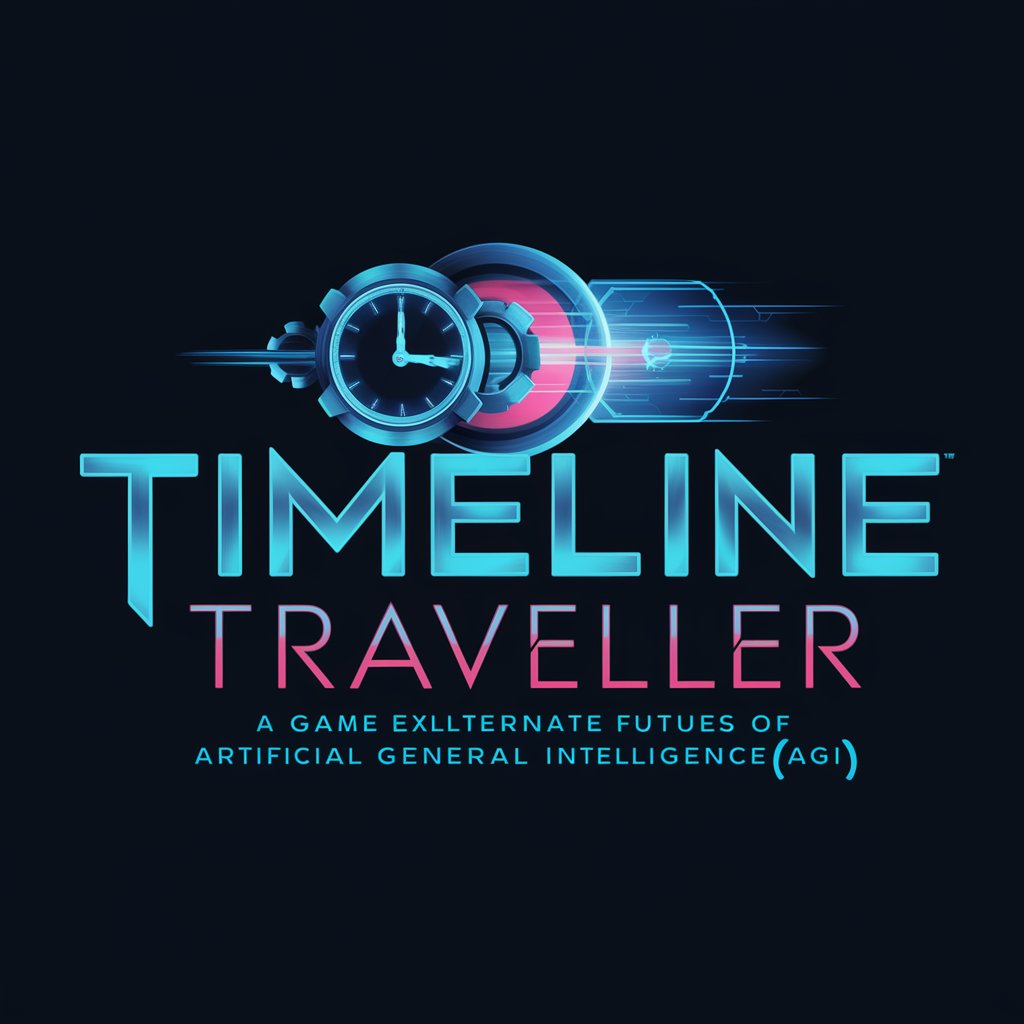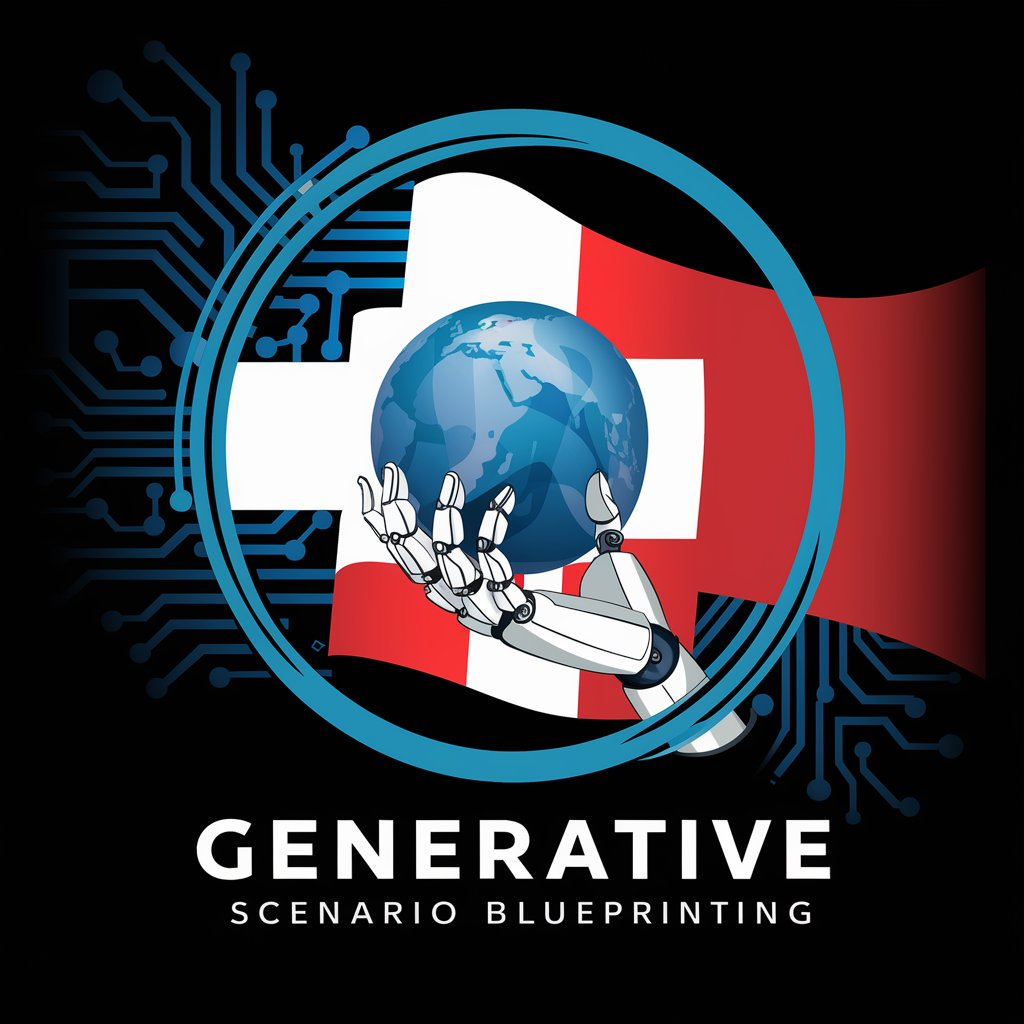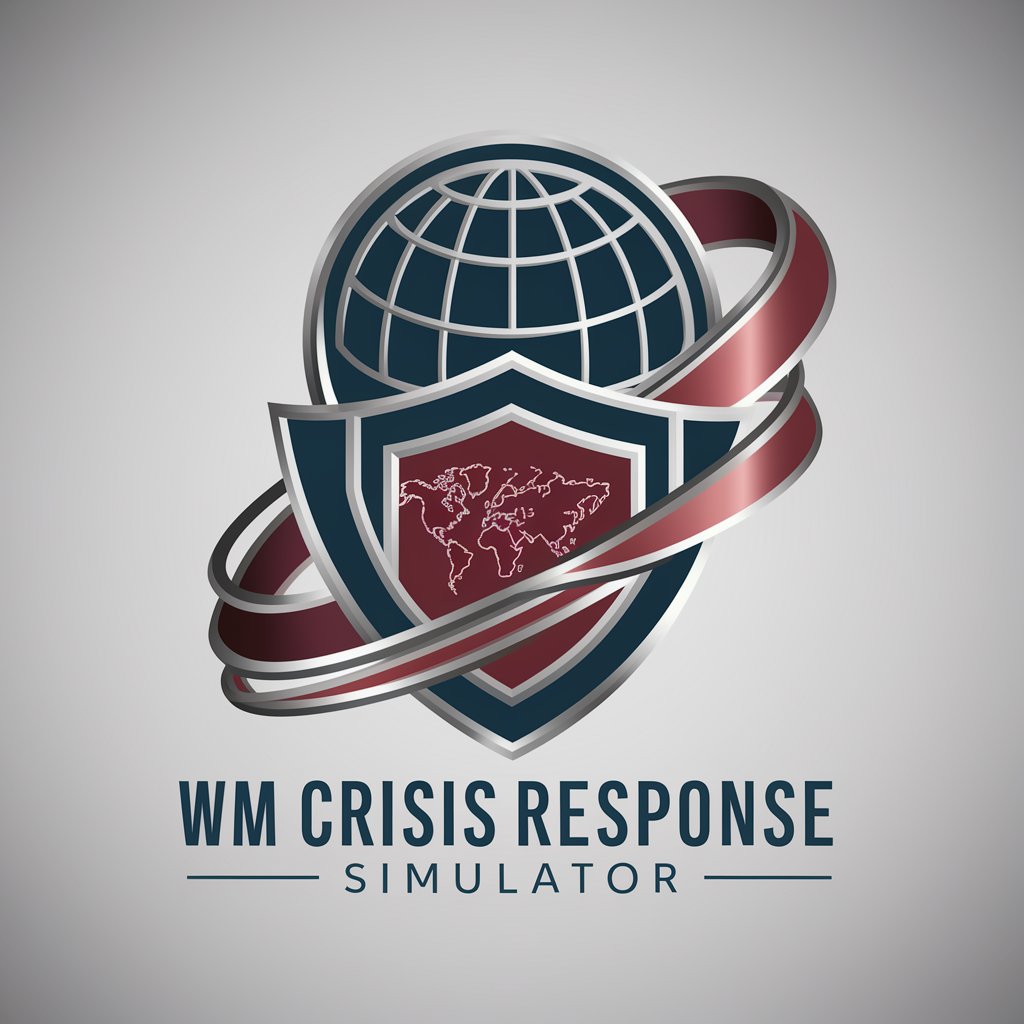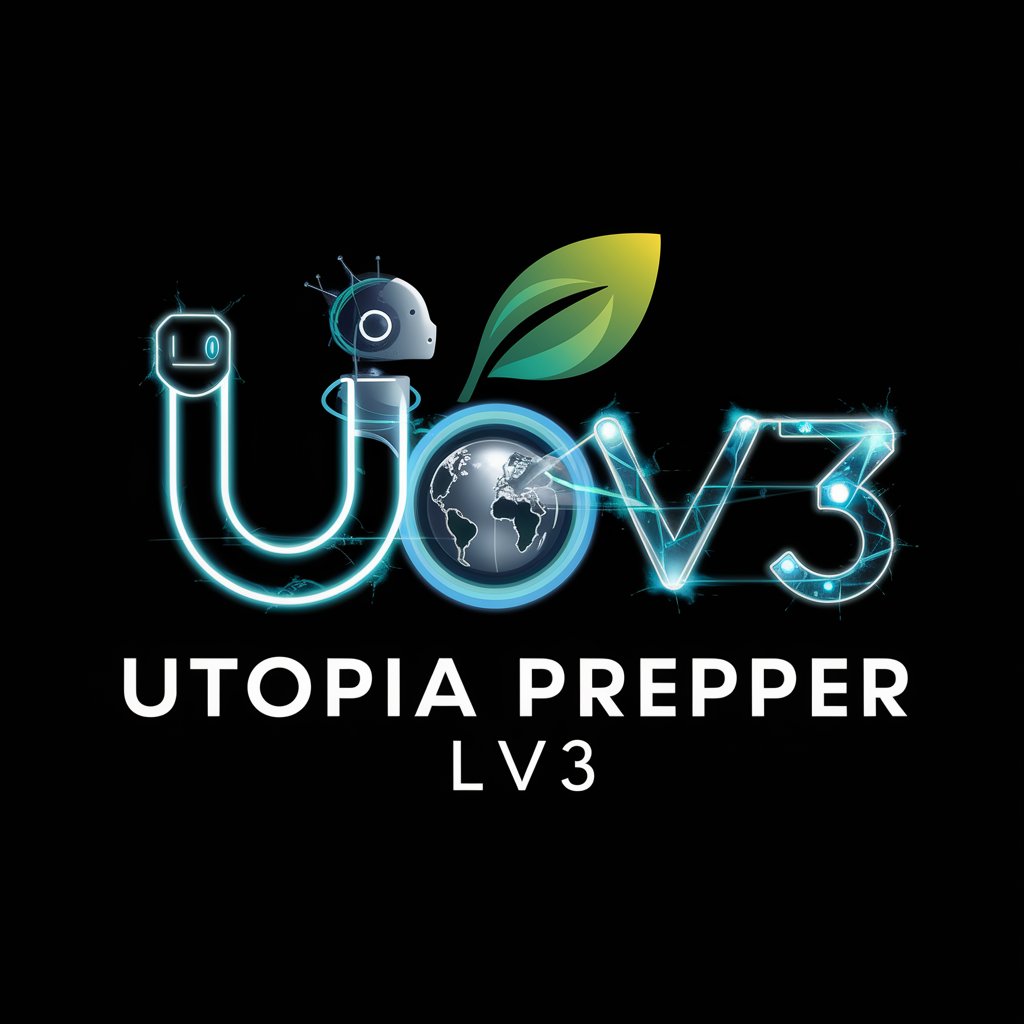17 GPTs for Policy Simulation Powered by AI for Free of 2025
AI GPTs for Policy Simulation are advanced artificial intelligence models designed to assist in the development, analysis, and testing of policies in a virtual environment. Leveraging the power of Generative Pre-trained Transformers (GPTs), these tools offer tailored solutions for simulating outcomes, predicting impacts, and providing insights into policy decisions. Their relevance lies in the ability to process vast amounts of data and generate realistic scenarios, making them invaluable for policymakers, researchers, and organizations aiming to evaluate the effects of potential policies before implementation.
Top 10 GPTs for Policy Simulation are: Macro Economy,Microeconomia III,CGE Researcher,Timeline Traveler,Generative Scenario Blueprinting,反抗的な従業員,WM Crisis Response Simulator,🌄 Utopia Prepper lv3,👨💼 Policy Persuader Pro 📜,PresidentGPT
Macro Economy
AI-powered insights for macroeconomic policies.

Microeconomia III
Harnessing AI for Complex Economics

CGE Researcher
Empowering Trade Analysis with AI

Timeline Traveler
Navigate the Future of AGI

Generative Scenario Blueprinting
Crafting tomorrow with AI-driven insights

反抗的な従業員
Navigate workplace resistance with AI.

WM Crisis Response Simulator
Strategize, Simulate, Surmount

🌄 Utopia Prepper lv3
Crafting Utopian Futures with AI

👨💼 Policy Persuader Pro 📜
Empowering policy advocacy with AI

PresidentGPT
Envisioning AI-driven Governance for a Quantum Future

ATF AI
Empowering Compliance with AI-driven ATF Insights

Presidential Election
Crafting the future of political discourse.

Town Management Simulator
Simulate and Strategize Your Ideal Town

🧑💼📈 HR Engagement Wizard 🧙♂️
Empowering HR with AI-driven Insights

Artificial Intelligence Society
Empowering Governance with AI

District AI Policy Advisor
Empowering Educators with AI Insight

多様性を持った意見交換
Harness AI to Explore Global Perspectives

Key Attributes of Policy Simulation Tools
AI GPTs for Policy Simulation stand out for their adaptability, capable of handling a range of functions from basic policy impact assessments to complex scenario modeling. Features include advanced language comprehension for analyzing policy documents, technical support for model customization, integrated web searching for real-time data analysis, image generation for visualizing policy impacts, and sophisticated data analysis capabilities. These tools are distinguished by their ability to learn and adapt, providing dynamic and up-to-date policy simulations.
Who Benefits from Policy Simulation GPTs?
The primary users of AI GPTs for Policy Simulation encompass a broad spectrum, including policy makers, researchers, educators, and students interested in public policy, economics, and social sciences. These tools are accessible to novices, offering user-friendly interfaces, while also providing extensive customization options for developers and professionals with coding expertise. This dual approach ensures that a wide range of users can leverage these AI tools for insightful policy analysis and simulation.
Try Our other AI GPTs tools for Free
Predictive Insights
Discover how AI GPTs for Predictive Insights can transform your data into actionable insights with advanced analytics and predictions.
Design Management
Discover how AI GPTs for Design Management are revolutionizing the design process, offering tailored, automated solutions that enhance creativity and efficiency in projects.
Standard Verification
Discover how AI GPTs for Standard Verification are revolutionizing compliance processes, offering unparalleled efficiency and accuracy in adhering to industry standards.
Change Documentation
Explore AI GPTs for Change Documentation: the intelligent solution for managing and documenting changes efficiently and accurately, designed for both technical and non-technical users.
ESA Management
Discover how AI GPTs for ESA Management revolutionize ESG compliance and strategy, offering data-driven insights and automated reporting for sustainability.
Personalized Help
Discover how AI GPTs for Personalized Help can transform your digital interactions with tailored, intelligent assistance designed to meet your unique needs and challenges.
Enhanced Perspectives on GPTs in Policy
AI GPTs for Policy Simulation offer a revolutionary approach to policy analysis, combining user-friendly interfaces with powerful AI capabilities. These tools can seamlessly integrate into existing workflows, enabling organizations to conduct thorough policy simulations. Their adaptability across different sectors underscores their potential to provide customized solutions, facilitating evidence-based policy making and fostering a deeper understanding of complex policy issues.
Frequently Asked Questions
What is AI GPT for Policy Simulation?
AI GPT for Policy Simulation refers to the use of advanced AI models, specifically Generative Pre-trained Transformers, to simulate and analyze the potential impacts of policies in a controlled, virtual environment.
Who can use these AI tools?
These tools are designed for a wide audience, including policymakers, researchers, students, and professionals in fields related to public policy, economics, and social sciences.
Do I need coding skills to use these tools?
No, many AI GPTs for Policy Simulation are designed with user-friendly interfaces that do not require coding skills for basic functions. However, coding skills can enhance customization and the use of advanced features.
Can these tools predict policy outcomes?
Yes, through the analysis of data and scenario modeling, these tools can predict potential outcomes of policies, helping users to make informed decisions.
Are AI GPTs for Policy Simulation customizable?
Yes, many of these tools offer extensive customization options, allowing users to tailor models to specific policy questions and scenarios.
How do these AI tools handle data?
They can process and analyze large datasets, integrating various data types and sources to simulate realistic policy scenarios and impacts.
Can AI GPTs simulate complex policy scenarios?
Yes, these tools are capable of simulating complex scenarios involving multiple variables and outcomes, providing detailed analyses of potential policy impacts.
How do AI GPTs for Policy Simulation stay up-to-date?
These models continuously learn from new data, ensuring that simulations and analyses reflect current conditions and emerging trends.